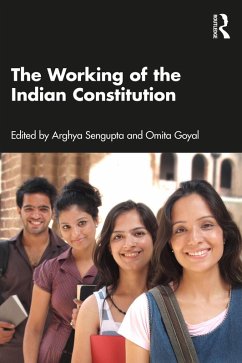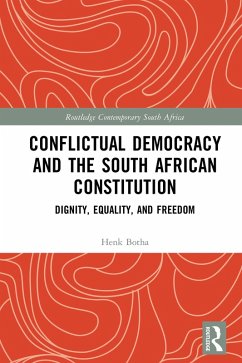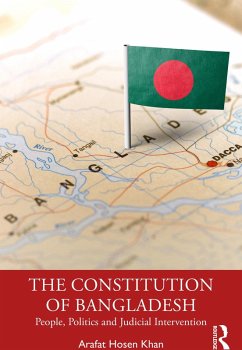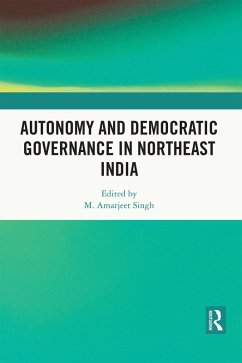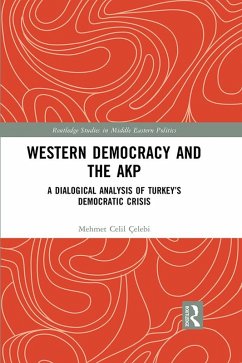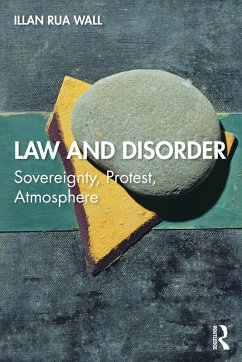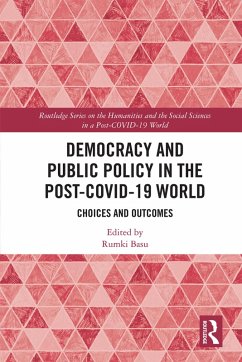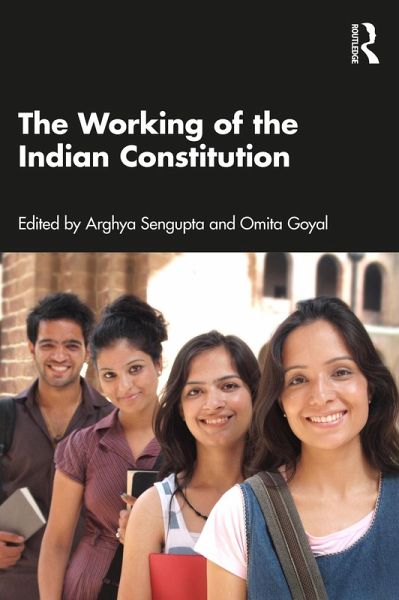
The Working of the Indian Constitution (eBook, PDF)
Versandkostenfrei!
Sofort per Download lieferbar
38,95 €
inkl. MwSt.
Weitere Ausgaben:

PAYBACK Punkte
19 °P sammeln!
The Indian Constitution has held the country together for 75 years now. This volume demonstrates the Constitution is not a static document and has seen several amendments and interpretations over the years. It delves into how the document has worked for the people since its adoption - its strengths and weaknesses, its many interpretations, how it has influenced and shaped our collectives over time and in turn been shaped by the people.The Indian Constitution clearly vests power in the hands of its people. This volume critically examines how the longest written national Constitution is made suc...
The Indian Constitution has held the country together for 75 years now. This volume demonstrates the Constitution is not a static document and has seen several amendments and interpretations over the years. It delves into how the document has worked for the people since its adoption - its strengths and weaknesses, its many interpretations, how it has influenced and shaped our collectives over time and in turn been shaped by the people.
The Indian Constitution clearly vests power in the hands of its people. This volume critically examines how the longest written national Constitution is made successful by people who take its spirit to heart and let it inform their activities, and how like anywhere in the world, it is a work in progress. It covers a range of debates on issues such as individual freedom (of expression, of association, freedom to lead lives of dignity, etc.), liberty (freedom from oppression), the right to life, right to equality, justice, among several others. The book contains essays by judges, lawyers and academics who describe the journey of the Constitution through doctrine, case-law, and comparative analyses with other countries. At the same time, it also contains essays by doctors, politicians, activists, bureaucrats, and a number of methodologically diverse essays by a host of demographically diverse writers.
The volume will be an indispensable read for scholars and researchers of legal studies, political scientists, governance, public policy, modern history, and South Asia studies. It will also be of immense interest to political scientists, political theorists, legal scholars, historians, lawyers, and general readers interested in the history of the Indian Constitution.
The Indian Constitution clearly vests power in the hands of its people. This volume critically examines how the longest written national Constitution is made successful by people who take its spirit to heart and let it inform their activities, and how like anywhere in the world, it is a work in progress. It covers a range of debates on issues such as individual freedom (of expression, of association, freedom to lead lives of dignity, etc.), liberty (freedom from oppression), the right to life, right to equality, justice, among several others. The book contains essays by judges, lawyers and academics who describe the journey of the Constitution through doctrine, case-law, and comparative analyses with other countries. At the same time, it also contains essays by doctors, politicians, activists, bureaucrats, and a number of methodologically diverse essays by a host of demographically diverse writers.
The volume will be an indispensable read for scholars and researchers of legal studies, political scientists, governance, public policy, modern history, and South Asia studies. It will also be of immense interest to political scientists, political theorists, legal scholars, historians, lawyers, and general readers interested in the history of the Indian Constitution.
Dieser Download kann aus rechtlichen Gründen nur mit Rechnungsadresse in A, B, BG, CY, CZ, D, DK, EW, E, FIN, F, GR, HR, H, IRL, I, LT, L, LR, M, NL, PL, P, R, S, SLO, SK ausgeliefert werden.




